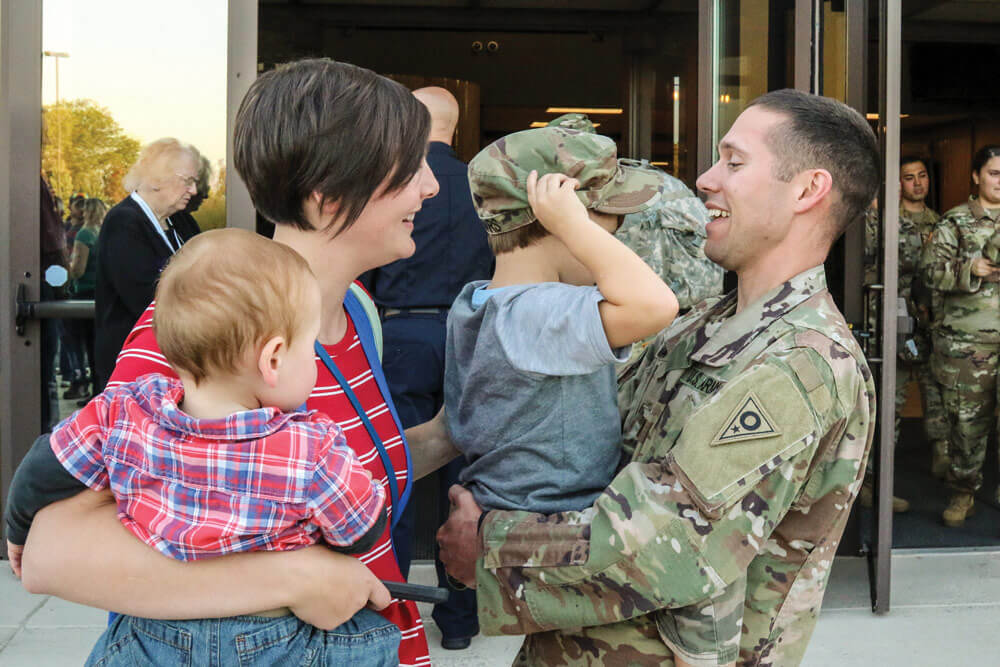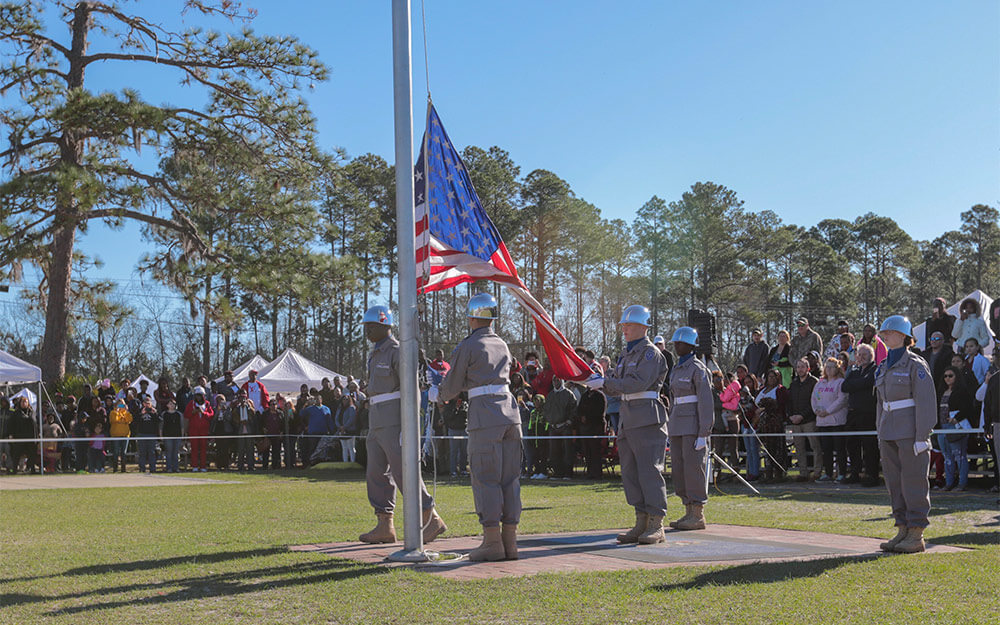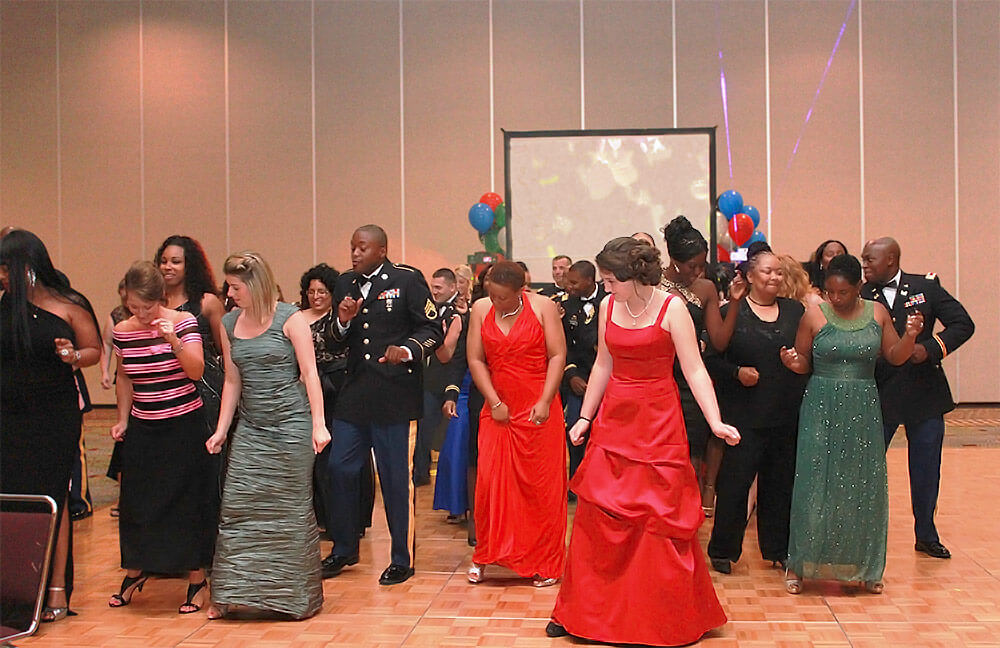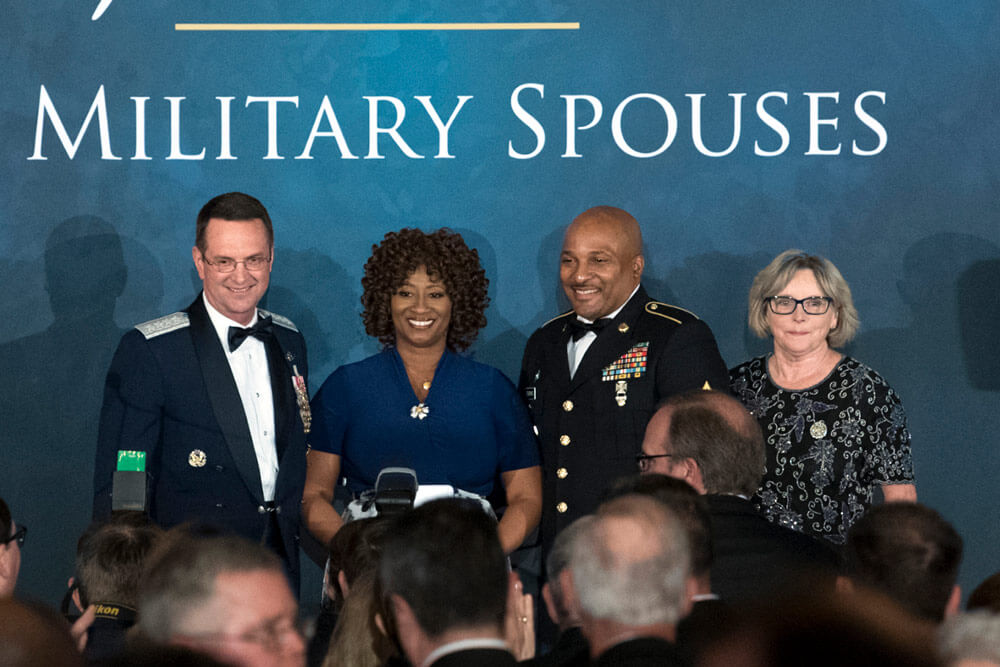Keeping any relationship strong takes work. This is especially true of relationships held by Soldiers. While Soldiers and their Families typically experience more excitement than perhaps the average family, they may also experience more challenges. Deployments and drills may often conflict with Family routines, planned events or financially related obligations. This can all put stress on even the strongest of relationships. Whether single, married with no kids or married and raising a house full of kids, learning to manage the challenges military life may bring, in order to maintain healthy relationships, should be a priority for every Soldier.
Strong Bonds is an Army program designed to help Soldiers discover the keys to building and maintaining strong and healthy relationships.
Started in 1999, Strong Bonds is chaplain-led with the support of the commanding officer. Events are held in off-site locations and conducted in a retreat-style fashion. Soldiers and their Families attend with others in the unit who share the same drill and/or deployment cycle. During these retreats, attendees participate in small group activities that reveal common bonds and encourage friendships. In addition, Soldiers and Families gain awareness of community resources that can assist with concerns about health and wellness, even crisis intervention.
In addition to structured group activities and skills training, Strong Bonds events all include time for relaxation, recreation, fellowship and fun.
Strong Bonds started with four events and 90 couples. In 2017, more than 130,000 Soldiers and Family members participated in over 3,700 Strong Bonds events. The growth and success of the program is a testament to the positive impact it has provided to the tens of thousands of Soldiers and Families who have experienced the retreats.
With Strong Bonds, Soldiers and their Families learn how to develop the skills needed to keep relationships thriving, all while enjoying each other’s company and having fun.
To learn more about Strong Bonds or to find a local event, go to www.StrongBonds.org. Soldiers may also contact their unit’s chaplain for details.
Strong Bonds offers one-, two- and three-day events that are designed to meet Soldiers at different phases of the relationship cycle. Specific training is offered for the single Soldier, couples, Families with children, and all Soldiers and Families scheduled for or returning from deployment.
- Strong Bonds for Singles
Here, Soldiers acquire practical information based on a nationally recognized curriculum. They learn to examine priorities, manage mate choice patterns and learn to evaluate a relationship’s potential for long-term success. - Strong Bonds for Couples
In this program, couples work in small peer groups and participate in activities structured to renew bonds. Soldiers and their spouses participate in relationship skill-building exercises that allow them to communicate and share intimate moments. - Strong Bonds for Family
In the Families sessions, mom, dad and children gain skills to help sustain healthy relationships using a curriculum designed especially for military Families. Through small group and one-on-one activities, Family members learn how to maintain closeness during frequent or long separations. Strong Bonds for Families is open to Soldiers, spouses and kids ages eight and older. - Strong Bonds for Pre- and Post-Deployment
This training is specifically for Soldiers, both single and married, and their Families when a deployment is in the near future or when a return from deployment recently occurred. Through small group and individual activities, participants gain skills on how to stay connected during a deployment and how to transition more effectively from separation to togetherness.
By Staff Writer Ruth Ann Replogle



